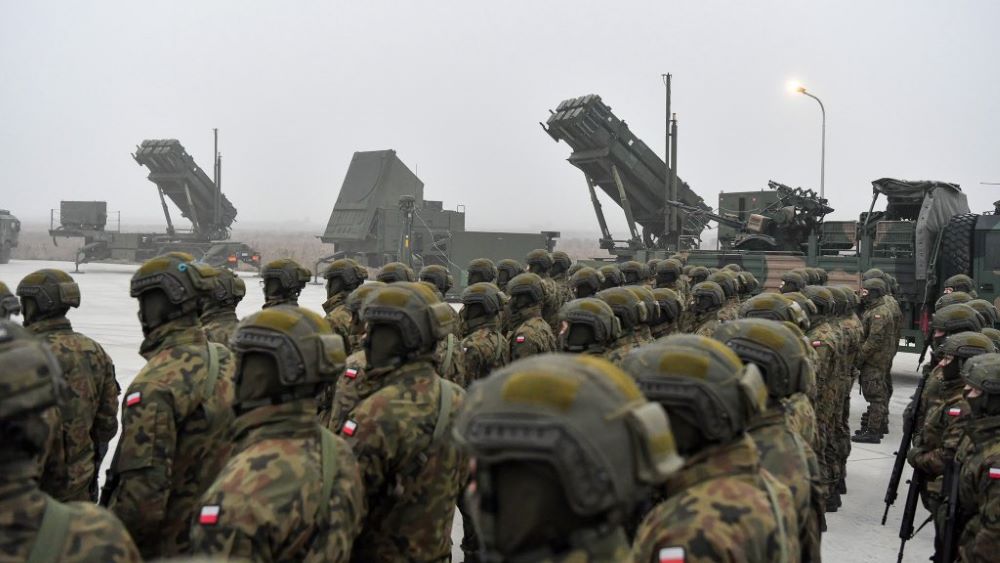The White House has announced its decision to send a cluster munitions package to Ukraine to support its counteroffensive against Russia. Despite the risks associated with unexploded ordnance and potential harm to civilians, the US administration explained that the postponement of this decision was to minimize these risks. Ukraine, which has been facing an ammunition shortage, has been requesting these weapons for several months.
Cluster munitions, consisting of multiple explosive bomblets called submunitions, are banned by over 100 countries due to their destructive nature. Concerns have been raised regarding this decision, and President Biden may face inquiries from allies during an upcoming NATO summit. In response, National Security Adviser Jake Sullivan highlighted that the cluster munitions being sent to Ukraine have a dud rate of less than 2.5%, significantly lower than Russia’s estimated dud rate of 30-40% for similar munitions.
The use of cluster munitions remains controversial due to their high dud rate, leading to the persistence of unexploded bomblets on the ground for extended periods, which can pose a threat even after the conflict ends. While the Pentagon did not disclose the exact quantity of cluster munitions being sent, it confirmed having hundreds of thousands available.












